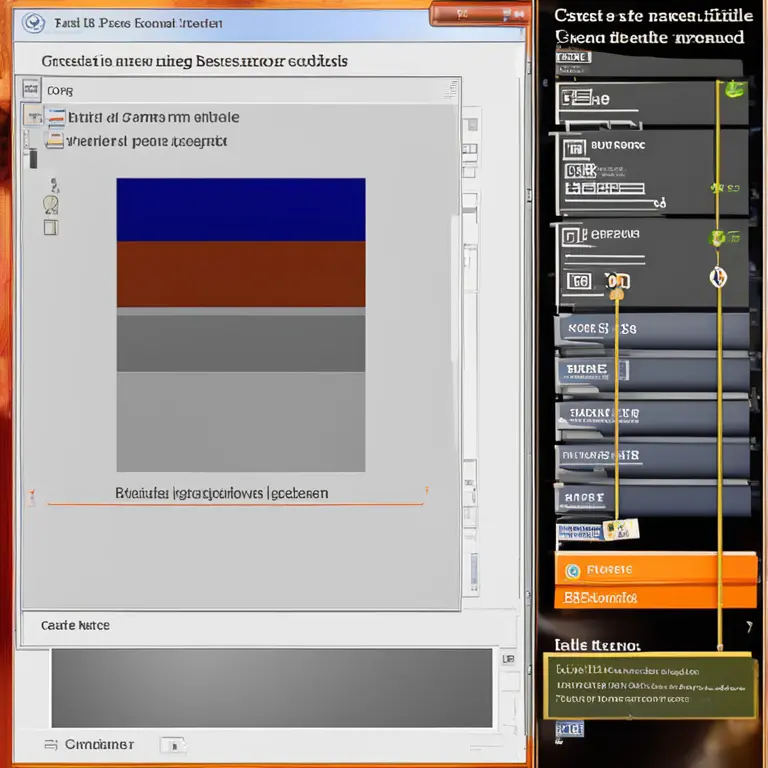
The Reality of Biorhythms: A Closer Look
Is there scientific truth behind biorhythms? This article delves into the concept of physiological cycles affecting our daily lives.
article by Adrian Wallace
Defining Biorhythms
Biorhythms are purported cycles of physical, emotional, and intellectual energies in human beings. The theory, which emerged in the late 19th century, suggests that from the moment of birth, individuals experience regular and predictable patterns of aptitude and behavior. Originated by Wilhelm Fliess, the concept gained popularity in the 1970s as a tool for predicting personal fluctuations. Proponents claim these cycles impact various aspects of human health and capability, offering insight into when one might perform optimally or when to expect a downswing.

Scientific Scrutiny on Biorhythms
Fast forward to the contemporary scientific landscape, skepticism surrounds biorhythms. Numerous studies have sought to validate these cycles but fail to provide empirical support for their predetermined and persistent nature. Critiques suggest that the anecdotal evidence backing biorhythms doesn't stand up to the rigors of scientific methodology, involving controlled variables and reproducible outcomes. Despite anecdotal testimonials, the scientific community generally views biorhythms as a pseudoscience, lacking substantial evidence to be considered a reliable facet of biology.

Biorhythms and Modern Technology
In today's data-driven world, apps and wearable technology claim to track various health metrics, including sleep patterns, heart rate variability, and activity levels. Some users believe that monitoring these physiological signs can loosely translate to tracking one's biorhythms. However, these modern tools measure real-time biological data, not the predetermined and invariable cycles that traditional biorhythm theory proposes. Thus, they offer a more scientifically grounded approach to understanding our bodies, rather than adhering to the largely debunked biorhythmic schedules.

Psychology and the Placebo Effect
One cannot discount the psychological aspect when discussing the belief in biorhythms. The placebo effect, a phenomenon where a person's health improves after taking a treatment with no therapeutic value simply because they believe it's real, may come into play. For some individuals, adhering to a biorhythm chart could influence their perceptions and behaviors, thereby affecting their actual experience. This psychological impact, however, doesn't validate the existence of biorhythms but rather highlights the mind's power over the body.

Personal Anecdotes Versus Collective Evidence
While personal anecdotes about the accuracy of biorhythms abound, they do not constitute scientific evidence. Confirmation bias, the tendency to search for, interpret, and remember information in a way that confirms one's preconceptions, can play a significant role. Without rigorous scientific proof, the personal experiences some individuals attribute to biorhythms remain subjective and not indicative of a universal biological reality.
The Future of Biorhythm Studies
Looking ahead, there remains the possibility that future research may uncover heretofore unseen patterns in human physiology that align with—or are reminiscent of—biorhythm theory. As our understanding of genetics, neurology, and chronobiology expands, new insights could emerge. For now, though, the concept of biorhythms as originally posited lacks the scientific substantiation needed to be considered an accurate predictor of human behavior or well-being.
Published: 1/30/2024
Modified: 1/30/2024
More predictions
Come back here soon to learn more about yourself and your future


Biorhythm Compatibility: Syncing Life’s Rhythms for Harmony
Discover the significance of biorhythm compatibility and how it can impact your relationships, enhancing personal connections through natural life cycles.


The Rhythms of Life: Biorythms Simplified
Delve into the fascinating world of biorhythms and discover how these biological patterns can affect your daily life and personal growth.


The Basis of Biorhythms: Patterns of Life's Natural Cycles
Delve into the foundation of biorhythms and understand how these rhythmic cycles are believed to influence our physical, emotional, and intellectual states.